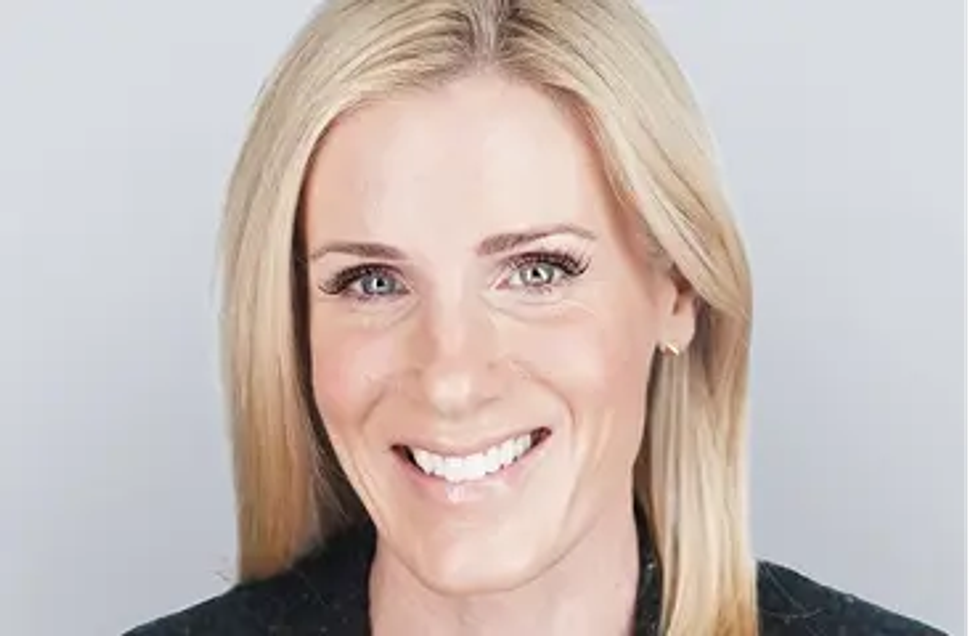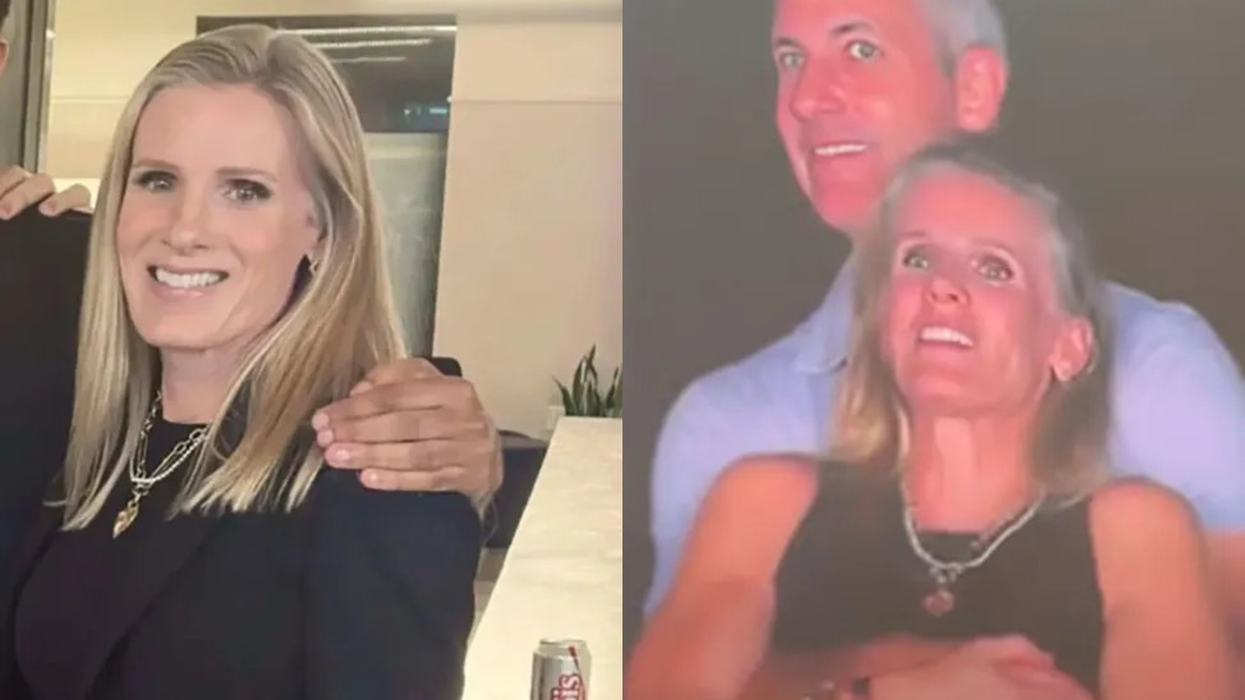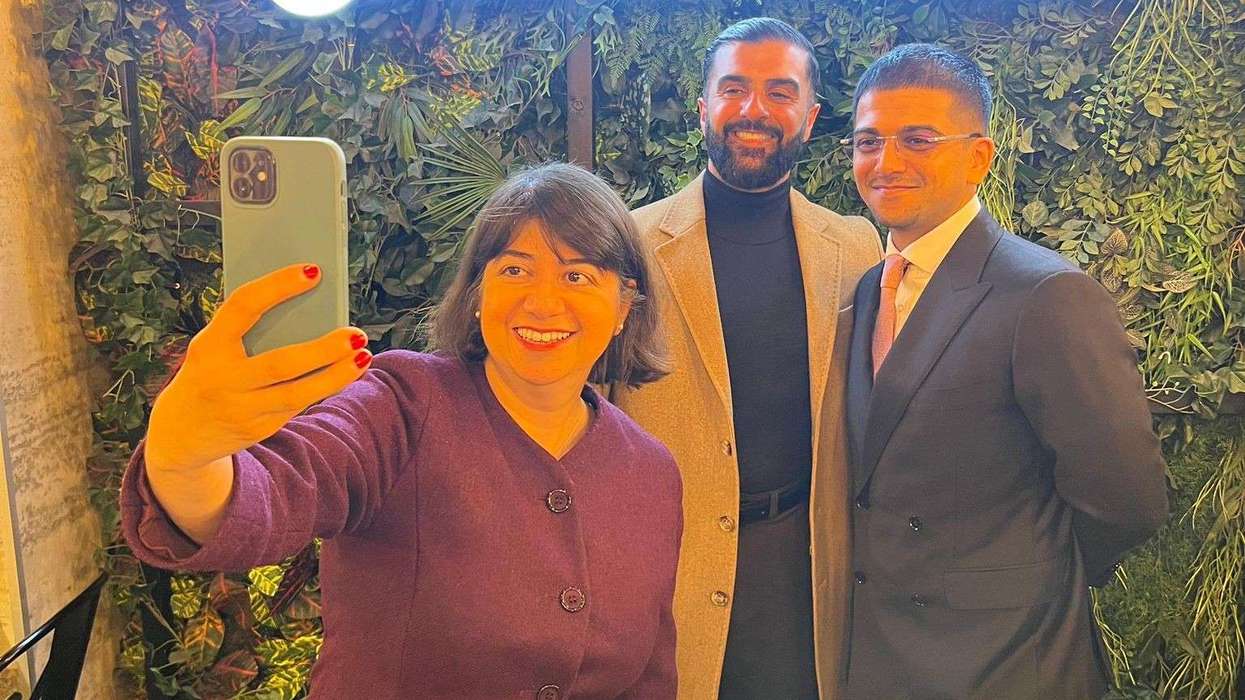Highlights:
- Kristin Cabot, Chief People Officer at Astronomer, has resigned following a viral concert video.
- The clip showed her embracing CEO Andy Byron at a Coldplay concert in Massachusetts.
- Byron resigned earlier amid an internal investigation.
- The video sparked widespread online memes, speculation, and intense media scrutiny.
A senior executive at US tech firm Astronomer has stepped down days after a viral video from a Coldplay concert thrust the company into the spotlight. Kristin Cabot, the firm's chief people officer, resigned following the online uproar over a clip that appeared to show her in a close moment with CEO Andy Byron during the band’s recent performance.
Her resignation comes shortly after Byron also left his post, with Astronomer confirming both departures amid growing public interest and internal reviews.

What happened at the Coldplay concert?
The now-viral footage was captured during a Coldplay show at Gillette Stadium in Foxborough on 16 July. As part of frontman Chris Martin’s interactive segment called the Jumbotron Song, cameras panned across the crowd, momentarily focusing on Cabot and Byron.
The pair were seen smiling and swaying before visibly reacting to being caught on the jumbo screen. Cabot quickly covered her face and turned away, while Byron ducked out of view. Martin quipped to the audience, “Either they’re having an affair, or they’re just very shy,” further fuelling online speculation.
The clip rapidly circulated on social media, spawning memes, parody videos, and raising questions about the identities of the couple. Internet sleuths quickly linked the pair to Astronomer, a previously low-profile New York-based data and AI startup.
Who are Kristin Cabot and Andy Byron?
Kristin Cabot was a high-level executive responsible for HR and workplace culture at Astronomer. She had only recently joined the company, with her hiring announced in a press release in November 2024.
Andy Byron, who served as CEO, was placed on administrative leave shortly after the video went viral. His resignation was confirmed a day later. Neither Cabot nor Byron has made public statements regarding their relationship or the incident. Both are reportedly married, and their profiles have now been scrubbed from Astronomer’s official website.

What has Astronomer said?
Astronomer responded to the situation by naming co-founder and chief product officer Pete DeJoy as interim CEO. In a company-wide message shared online, DeJoy acknowledged the "surreal" nature of the media attention.
“The spotlight has been unusual and surreal for our team,” he said. “While I would never have wished for it to happen like this, Astronomer is now a household name. We’re focused on moving forward and maintaining trust with our community.”
While the company has not directly addressed the video, its timing aligned with the departures, and the sequence of events strongly suggests internal concerns prompted both resignations.
What impact did the video have?
Beyond internal shakeups at Astronomer, the viral video had unexpected ripple effects. Coldplay saw a 20% surge in online streams of their music in the days following the incident, according to analytics firm Luminate.
The moment also sparked conversations about workplace boundaries, online privacy, and the consequences of being thrust into internet fame without consent. Some viewers criticised the couple, while others questioned the ethics of public shaming over personal moments caught in viral content.
For Astronomer, a company that provides data solutions for large enterprises, the incident is a dramatic and unintended jump in public visibility, though not the kind any startup typically seeks.





